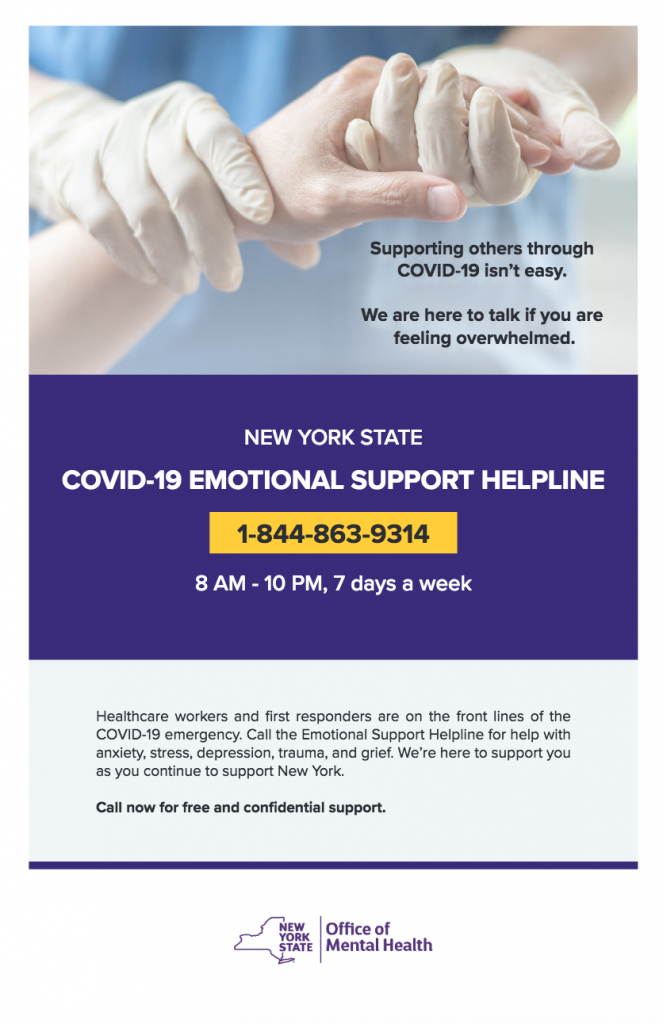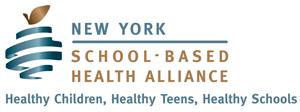COVID-19 Resources
Part of staying safe is staying informed. At NYSBHA, we believe it helps to check on state, national, and organizational resources for up-to-date information. Below are a few to help point you in the right direction, just click the links to read more.
To get started, check out the COVID-19 Health Literacy Project in collaboration with Harvard Health Publishing, which is providing accessible COVID-19 information into over 30 languages to help all patients know when, and how, to seek care.
Health care providers must stay up-to-date on the COVID-19 vaccine distribution and implementation, visit the vaccine website and under operational guidance section see the link to the consent form in a variety of languages.
Telehealth Resources
- U.S. Department of Health and Human Services Telehealth and COVID-19 Resources: for patients and providers
- General Provider Telehealth and Telemedicine Tool Kit
- State Medicaid & CHIP Telehealth Toolkit: Policy Considerations for States Expanding Use of Telehealth
- FCC Funding for COVID-19 Telehealth Program
- Implementing School-Based Telemental Health in New York: Best Practices, Challenges, and Successes
Parent/Caregiver Resources
Other Resources
New York State:
New York City:
- New York City Department of Health Website
- NYC COVID Connect: NYC medical and graduate students on a mission to connect New Yorkers with COVID-19 community resources, policy updates, health information and, most importantly, each other.

Help stop the spread of Coronavirus
As School-Based Health Centers, health care providers, parents and the general public endeavor to keep on top of this fast-moving pandemic, below is a guide to staying safe during this time.
Practice Social Distancing
Even if you feel well, stay at home as much as possible. In public, keep at least 6 feet distance from others and wear a face covering. Avoid unnecessary appointments or trips.
Wash your Hands. Cover Your Cough.
Wash your hands thoroughly and use hand sanitizer when necessary. Cover your cough and sneezes. Use your elbow or a tissue. Avoid touching your eyes, nose and mouth.
Take Caution with New Yorkers At-Risk
Take special caution to avoid exposing the elderly and people with underlying health conditions. Avoid visiting those most at risk, call or video chat instead. Offer them help with groceries and other goods. Keep each other safe.

